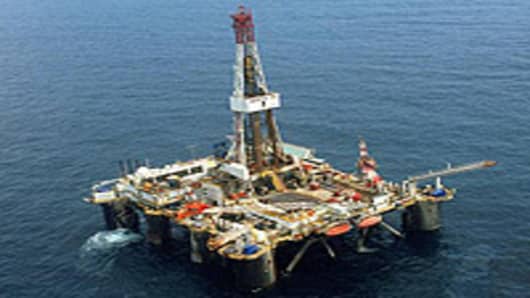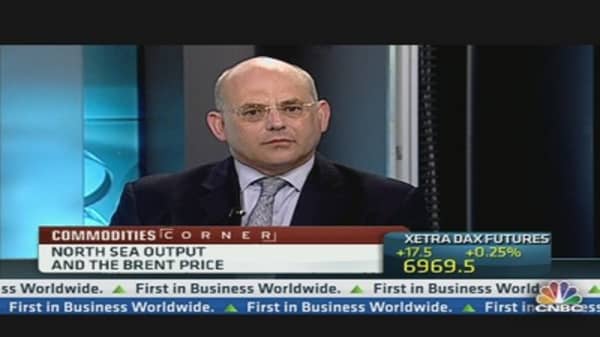China’s sluggish growth and contractions in oil supply and demand should be enough to convince oil market bulls that the oil rally can’t continue for long, Neil Atkinson, Director of Energy Research and Analysis at Data Monitor, told CNBC.
The situation in Iran is also going to affect the market, he added.
Atkinson told CNBC’s “Squawk Box Europe”that despite the three-month rally in the oil markets and improved economic data from the U.S., the broader economic picture was bleak and he warned of getting “over-excited” about a rally in oil or better economic data.
“We’re in a situation where we’ve got fundamental economic factors which still point to very sluggish performance. Yes, we’ve had some good figures out of the U.S. but I think people tend to get over-excited. Here in Europe, we’re in the middle of a slow death and we’ve got issues [of a growth slowdown] in China,” he said.
“I’m a little surprised about the strength of the oil rally we’re currently seeing,” he told CNBC, adding that there should be scope for the Brent price to come down “towards the $95-$110 levels” — but only if political tensions in Iran subside and the supply chain is resumed.
In Europe, benchmark index Brent has stayed near a three-month high above $116 a barrel, rising more than a third from May’s lows of $88, on concerns about disruptions to supply from the Middle East and a reported a drawdown in stocks from the U.S. on Thursday. U.S Crude too has risen 90 cents since May to on the back of market sentiment expecting further monetary stimulusfrom the Federal Reserve , which has so far failed to materialize.
However, Atkinson dismissed the excesses in oil price as “summer madness, or perhaps exuberance” and dismissed a recent report by Merrill Lynch that oil markets could go higher by 14 percent, should the Fed decide on an third round of quantitative easing in September.
He believes the focus should be on cutbacks from Iran “ratcheting up of tensions” with the country and must not forget the logistical problems affecting oil supply “in the real, physical world” such as North Sea maintenance.
Though the International Energy Agencyand OPEC have warned that global oil demand could be reduced by as much as 20 percent in 2013, the geo-political factor is crucial in how Brent, currently trading at the highest price since May, would price after a period of “summer madness and exuberance,” Atkinson said.
“Once we get out of this summer season, on the assumption that the political tensions subside the fundamentals will re-assert themselves,” he said.
“There’s not much scope for it to go significantly below that,” he added. “There are still constraints on the supplied side and OPEC ensures that there is a floor under the price.”





